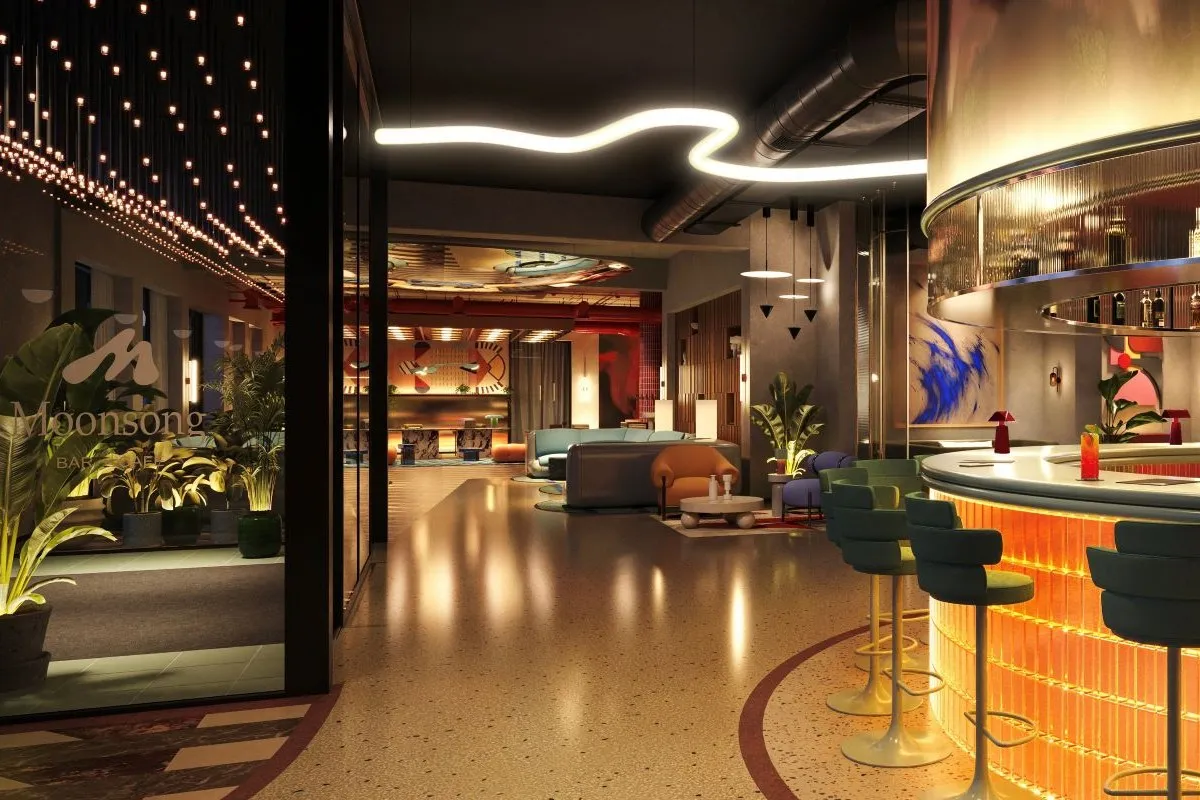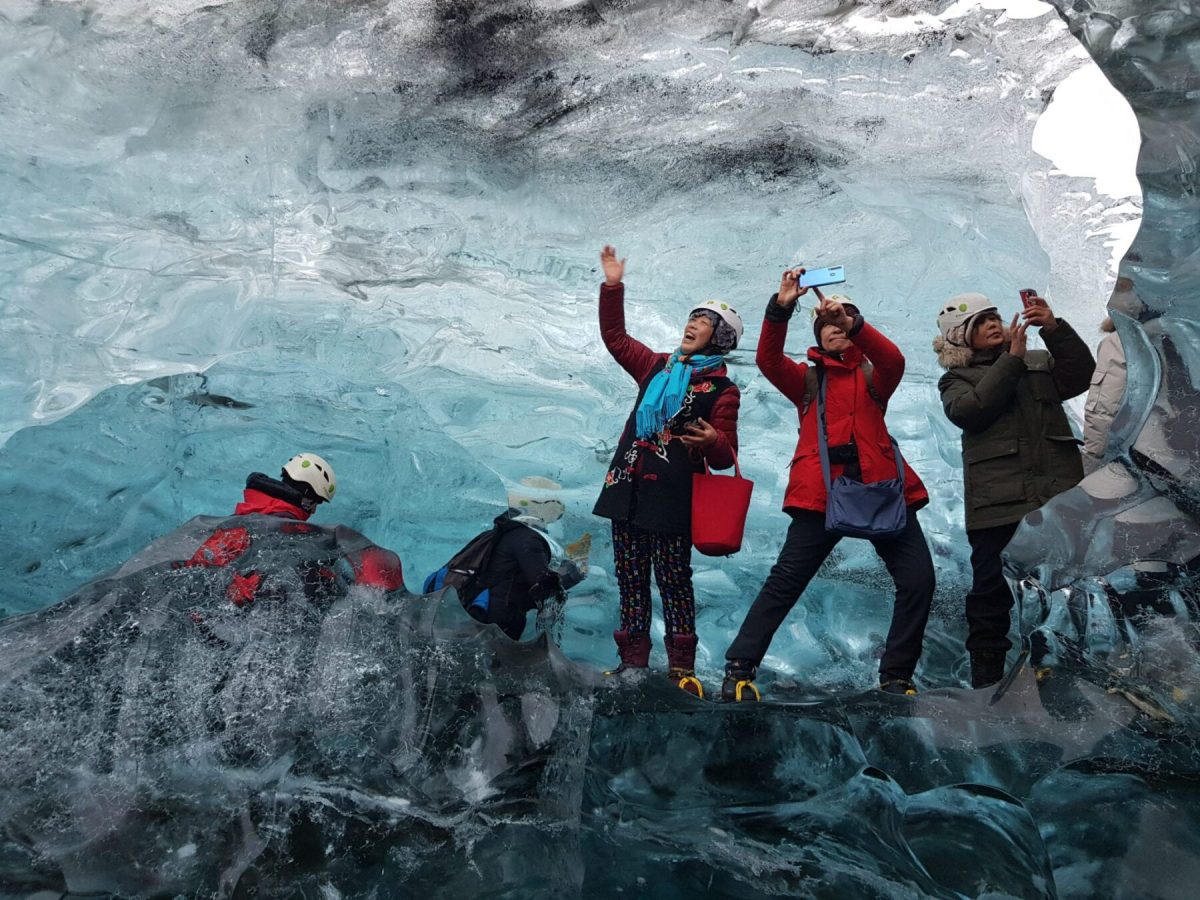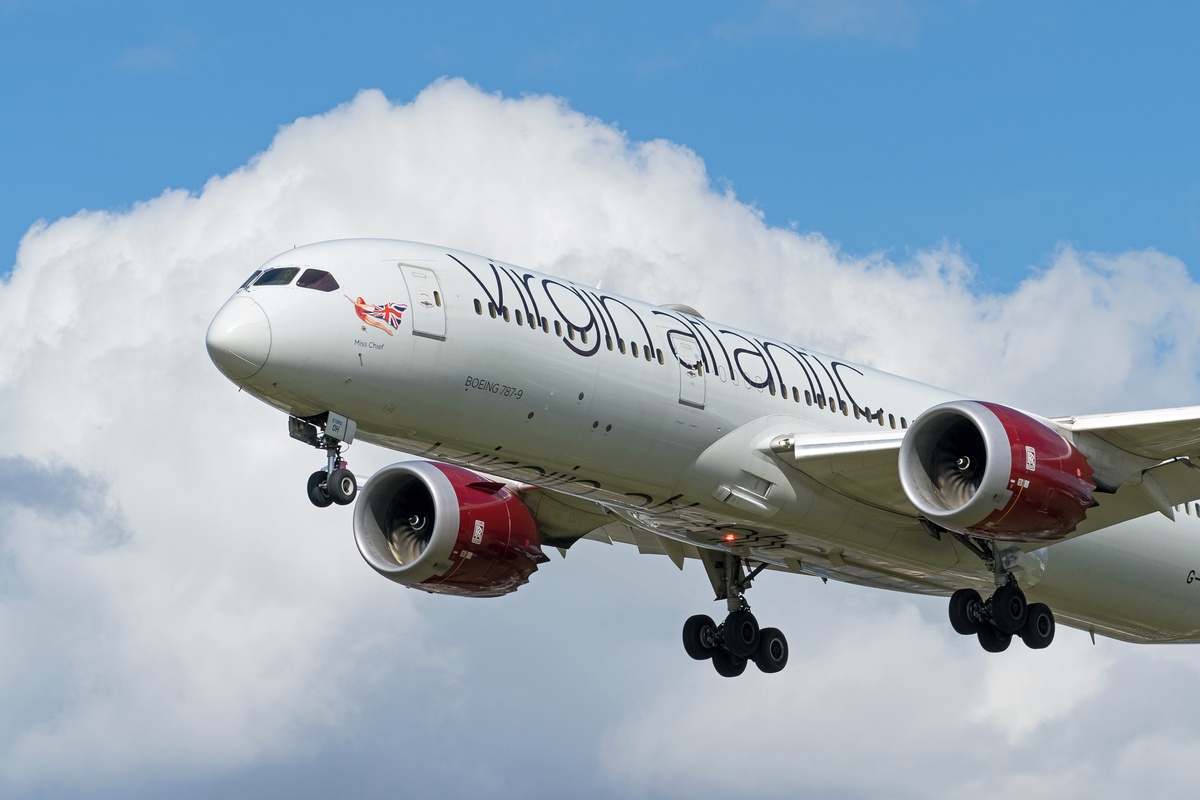IHG’s Crowne Plaza Wants to Shake Off Traditional Business Traveler Image
Skift Take
IHG subsidiary Crowne Plaza Hotels & Resorts has laid out an ambitious plan to redefine its core guest: the business traveler.
Out goes the road warrior and conference delegate, in comes the side-hustler and "care economy" worker — among myriad other categories as part of the launch of its new blended travel program.
The upscale hotel group is almost prepared to ditch the pandemic-defining “bleisure traveler” moniker at a time when just about every other hotelier is targeting the demographic. The reason is that a "new, agile generation doesn’t want two opposing ideas awkwardly put together” Crowne Plaza argues in a whitepaper published Thursday.
Side-Hustling Guests
In a bid to identify new trends in travel as corporate working patterns evolve, the hotel group worked with global insights consultancy Stylus, and other research bodies, to garner the view of 6,200 consumers.
"Crowne Plaza Hotels, a well-known destination for travelers to stay close to airports, is stepping up to ease the anxiety of many people trying to navigate uncertain travel issues, extend their travel and enable them to fulfil commitments at work," states The Future of Blended Travel report.
One of its main takeaways is that there are now four emerging lifestyle trends that can be harnessed by the travel and hospitality industry: re-working "work"; hybrid living, hybrid lives; upskilling and side-hustles; and a new care economy (AKA generational travel where family tags along with working parents).
Crowne Plaza's new blended travel program gives it scope to step up its marketing efforts, as it can better target these niche sectors with distinct messages. The group had always been focused on the work-life blend, which was in the brand's DNA even before the pandemic, claimed Ginger Taggart, vice president, brand management, global, Crowne Plaza.
But it now wants to stand out from the crowd.
"What was incredibly exciting for us was to take this foundation and coming out of the pandemic notice all these new forces at play," Taggart said. "We saw this as an opportunity to be a thought leader in this space. We see bleisure as an important foundation, but we believe we’ve evolved beyond bleisure and it’s now truly blended travel."
Crowne Plaza's research found that 34 percent of Americans already have a side hustle, and that 80 percent of consumers said they once had a groundbreaking business idea while on vacation. Taggart also said the consumers polled replied that many business travel hotels were too focused on productivity and efficiency.
“While there are times when business travelers want that, we uncovered that business travelers were often looking for a deeper connection," she said.
As well as side-hustlers looking for that next business project, Taggart said more attention was being paid to the "care economy" as more guests travel for business in broader groups. "They see it as an opportunity to give kids new experiences," she added.
But overall it's the "constant blend" that Crowne Plaza wants to tap into. "It's not just a couple of days of businesses added on with leisure, or leisure with business added on. It’s now up to hospitality companies to really embrace this full constant blend," Taggart said.
Beyond the Marketing Spin
As a result, Crowne Plaza wants to make its hotels more "vibrant" and property owners have a flexible framework when it comes to how they design their properties. That's fortunate because there are some 107 hotels in the pipeline. At the same time, 50 percent of its hotels globally are currently renovating, and that goes up to 70 percent in the U.S.
In particular Crowne Plaza will focus on its WorkLife room, and Taggart said it was one of few hotel groups to have a room design patented. A second generation is now being designed, she added. "Everything starts with consumer insight. We are testing the room, and have owners who are interested."
More focus will be put on its Studio concept too, where guests can rent a boutique-style private room for work or meetings.
However, Crowne Plaza will stop short of a WeWork or Wojo approach, leaving its new IHG One Rewards loyalty program to do the heavy lifting when it comes to working across IHG's wider portfolio.
But there are more changes to come. Its new report represents just the first phase of a larger project, Taggart shared with Skift, with a subscription product being explored as part of a second phase.
"We are looking at a variety of offers that will be launched as phase two of our blended travel program," Taggart said.
With more than 400 hotels, Crowne Plaza has the potential to reach all kinds of business travelers. But as Skift noted in a breakdown of every one of IHG’s 17 brands: "With the resurgence of business travel post-pandemic, this brand is making forward strides to rebound. In the height of the pandemic, IHG removed 90 hotels from Crowne Plaza and Holiday Inn in an attempt to maintain profitability. This brand has paid its dues and will stick around so long as the transition back into a bustling, business-oriented world continues."
It's a bold move to assume corporate travel patterns have changed forever, especially as conferences bounce back and companies push the case for more business trips. How the new business-oriented world will look is still to be determined.
Sidenotes
Entrepreneurs have history, and a lot of fun, when it comes to asking the internet for their ideas. It’s probably the most cost effective type of market research.
Airbnb CEO Brian Chesky has plenty of experience, asking Twitter users what Airbnb should launch in 2017. He followed up later in 2022.
Turning to the problem of half-empty offices across the U.S., one venture capitalist took their turn this week.
Paul Graham, co-founder of the influential startup accelerator Y Combinator (which Airbnb joined in 2009), quizzed his 1.5 million followers on how startups could react.
“This is such a big change, historically, that I doubt we've seen all the knock-on effects,” he said on Twitter. "The biggest may still be in the future. If you can predict one, you could grow a big company off the energy that will be released.”
Cue a barrage of responses. Some hit the mark, some don’t. Here’s a brief rundown, they may even help inspire the next underused-commercial-real-estate startup.
1. The Rise of Remote Company Towns
Major companies will be buying real estate in cheaper areas and creating remote company towns, one user predicts.
“Reduced rent in your own house surrounded by co-workers will be one of the perks -- and a way to maintain employees, because who would want to quit and lose their home and neighbors?”
Major companies will be buying real estate in cheaper areas and creating "remote company towns". Reduced rent in your own house surrounded by co-workers will be one of the perks -- and a way to maintain employees, because who would want to quit and lose their home and neighbors?
— Overswarm (@EvanDowning) July 11, 2022
2. A Sensible Response: Apartments
Convert unused office space into apartments, says someone else. That may have been done already though.
Convert unused office space into apartments
— Reid MacInnes Cuming (@rmcuming) July 11, 2022
3. City Planning
Not so much an opportunity, but at a deeper level cities should be rethinking any transportation plans.
Some of the less obvious opportunities will come not from the nature of work itself but around the changing transportation dynamics of billions of workers not commuting.
— Sceptre of Reason (@Spectrumofreas1) July 12, 2022
4. More Outsourcing to Developing Countries
One user pointed out the effect of companies looking for potentially cheaper labor elsewhere...
People seem to love remote work & its perceived benefits. When companies start outsourcing work to anywhere on the planet at a rapid pace, remote work will turn into remote chances of finding work. Developing countries will benefit. Developed, not so. Careful what you wish for.
— Ravi Karumanchi (@RavKarumanchi) July 12, 2022
5. Vertical Farms
Less sensible, but more admirable: turn offices into vertical farms or warehouses.
Turn offices into vertical farms
— Chris Stanchak (@chrisstanchak) July 11, 2022
10-Second Corporate Travel Catch-Up
Who and what Skift has covered over the past week: Akasa Air, Amadeus, CWT, Edyn, Heathrow Airport, Hong Kong, Hopin, IHG, Las Vegas, Marriott, SAS, Spirit Airlines, Wizz Air.
In Brief
AltoVita Adds Extra Layer of Safety
Corporate apartment specialist AltoVita has partnered with property care and operations platform Breezeway to regulate safety standards. Through the new integration, travel bookers can review accommodation using Breezeway’s safety and security evaluation, providing peace of mind the accommodation is verified to be clean, safe and secure. AltoVita customers are also able to filter their property search to view options that have been Breezeway safety reviewed.
Breezeway claims its software and mobile apps have facilitated 7 million property tasks, and help thousands of rental operators and hospitality professionals meet detailed service standards. Its latest Property Operations Report for 2022 found guest expectations were at an all-time high, with 20 percent of property managers not currently conducting regular safety inspections.
IAG's Aer Lingus Latest Airline to Buy Sustainable Aviation Fuel
Ireland's Aer Lingus is buying 19,000 tonnes of sustainable aviation fuel each year for five years, as part of a deal with U.S.-based renewable fuels producer Gevo. It joins a growing list of airlines reaching similar deals. The airline is a significant step by the airline in its commitment to a lower-carbon future. As part of IAG, Aer Lingus has pledged to achieve net zero carbon emissions by 2050 and has committed to powering 10 percent of its flights using sustainable aviation fuel by 2030.
The introduction of the fuel is being seen as a key element in wooing business travelers, as companies start setting ambitious carbon reduction goals. However, Aer Lingus only plans to start fuelling its planes in this manner from 2026.




